- Overview
- Trip Outline
- Trip Includes
- Trip Excludes
- Gallery
- Booking
- Downloads
- Reviews
- FAQ
Amboseli National Park is more than just a tourist destination. It is a sanctuary of natural beauty, biodiversity, and cultural heritage.
From the towering presence of Mount Kilimanjaro to the teeming herds of elephants and the vibrant Maasai culture, Amboseli offers an unforgettable safari experience that captivates and nourishes the soul.
Whether you're a seasoned traveler or embarking on your first African adventure, Amboseli promises an immersive journey into the African wilderness, where every moment is filled with wonder and discovery.
The Amboseli National Park Landscapes
Itineraries
Day 1
Date : 2025-02-01
Time : 10:00 AM
Savannah Grasslands
View the vast expanses of savannah grasslands, large herbivores and predators
Day 2
Date : 2025-02-02
Time : 11:00 AM
Acacia Woodlands
Experience umbrella-shaped acacia trees
Day 3
Date : 2025-02-03
Time : 2:00 PM
Wetlands and Swamps
Explore wetlands such as the Enkongo Narok Swamp
Day 4
Date : 2025-02-04
Time : 3:00 PM
Lakes and Pans
Soak in the seasonal Lake Amboseli, Longinye Swamp, and Ol Tukai Orok
Day 5
Date : 2025-02-05
Time : 9:00 AM
Mount Kilimanjaro
Photograph the scenic mountain landscape
- Airport transfer
- Gate fees
- Meals
- Personal expenses
- Tips
The official languages of Kenya are Swahili and English.
The currency used throughout the country is the Kenyan shilling. Mastercard and Visa are accepted in most major tourist destinations. ATMs are common in the cities for dispensing local currency but are not available in wildlife parks.
Visitors to Kenya require valid passports, valid for at least 6 months beyond the date you expect to leave Kenya. A tourist visa is required for Canadian and American passport holders and this must be obtained online at the Republic of Kenya Official Government Website prior to your arrival in Kenya. Visitors are advised to register well in advance as there may be a 10-day processing period.
The best time to visit Kenya can vary by region. However, if travelling to view wildlife, the best months are between July to September. This is also the dry season in the country. However, wildlife viewing can be good year-round depending on which national parks you visit. The other dry season runs from late December to mid-March. Wildlife is easier to spot at these times because the bush is less dense, and animals gather around waterholes and rivers.
The main avenues of transportation within the country include matatus, tuk-tuks, buses, and taxis for shorter-distance trips. If looking to travel further distances across the country, there is a railway system as well as local flights. Most visitors opt for private or shared transfers, including in Nairobi, since the public transit system can be unpredictable.
Kenya is a wonderful destination for families who are on the adventurous side. It welcomes all travellers and has a special affection for family travel with children. Multi-generational family travelers are very welcome in Kenya.
There are no compulsory vaccinations required for Kenya, however, we recommend you consult with your local travel clinic for the most up-to-date recommendations, particularly in regard to malaria prophylactics. Proof of yellow fever vaccination is required if you are coming from or have transited through an airport of a country where yellow fever occurs.

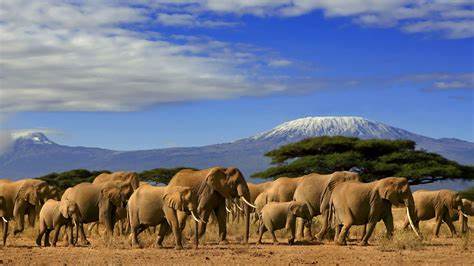
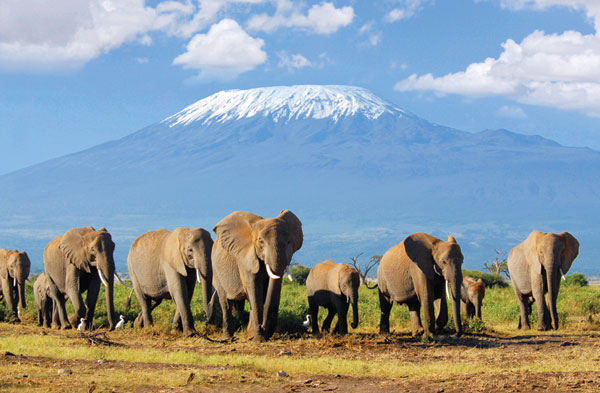
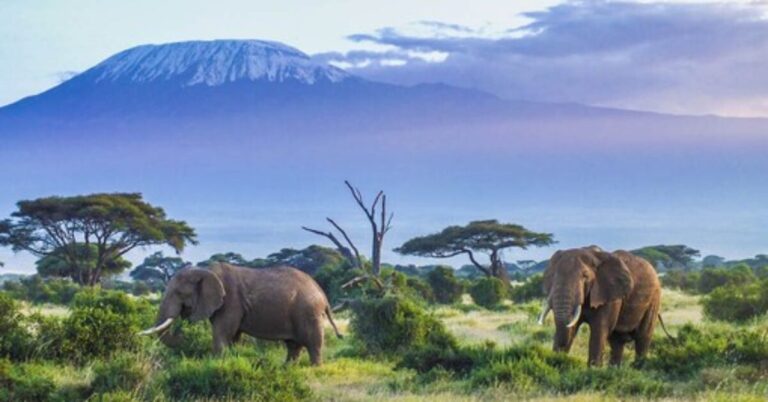
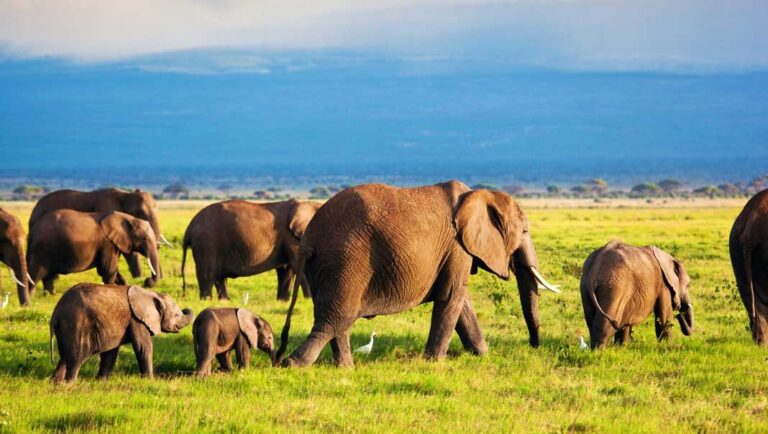
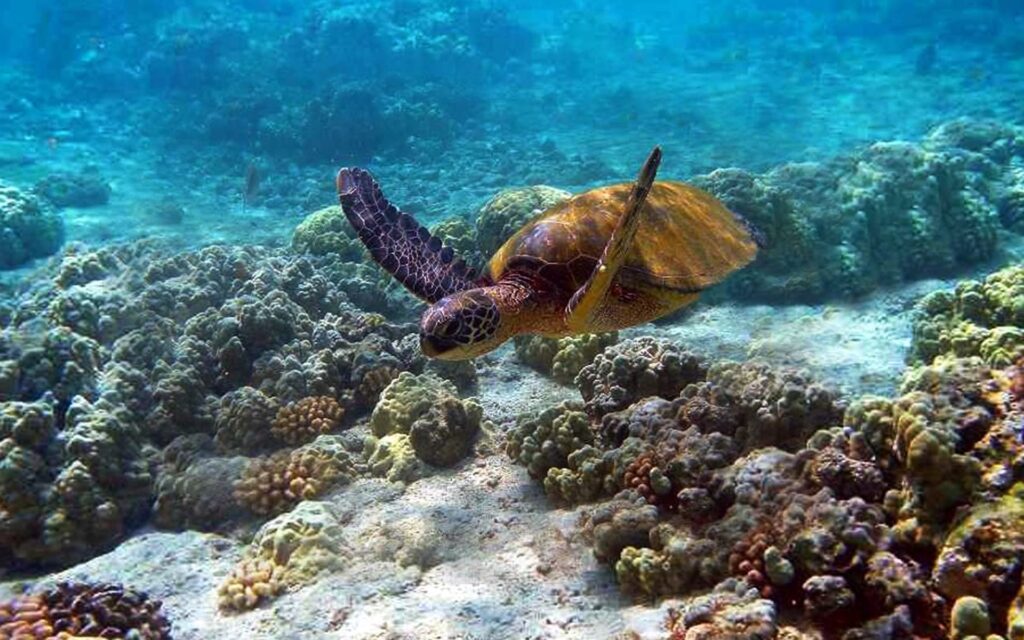
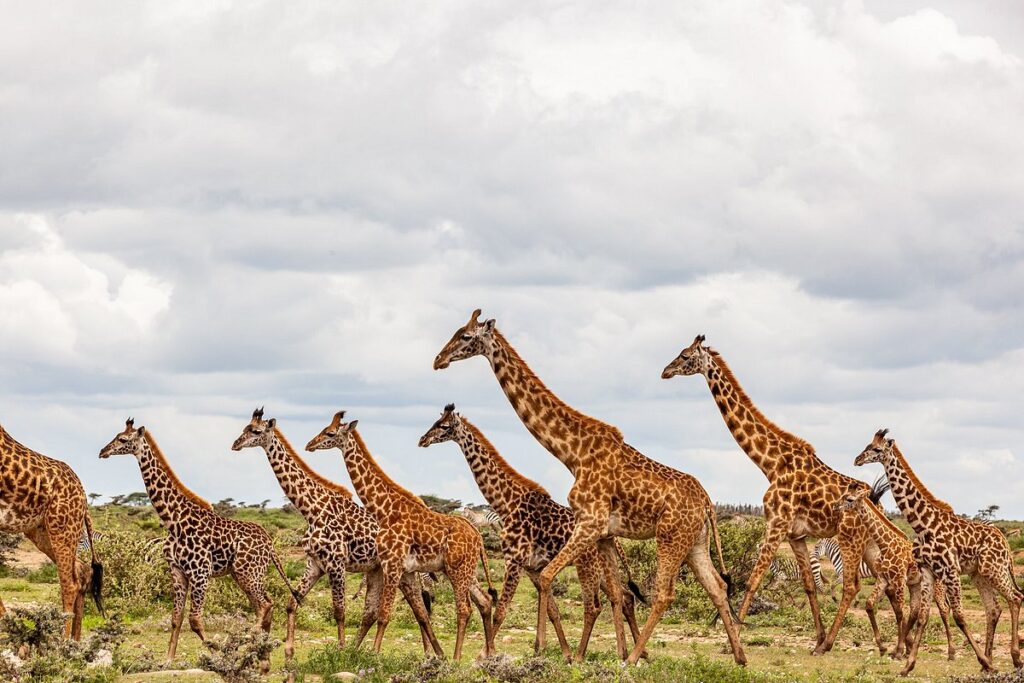
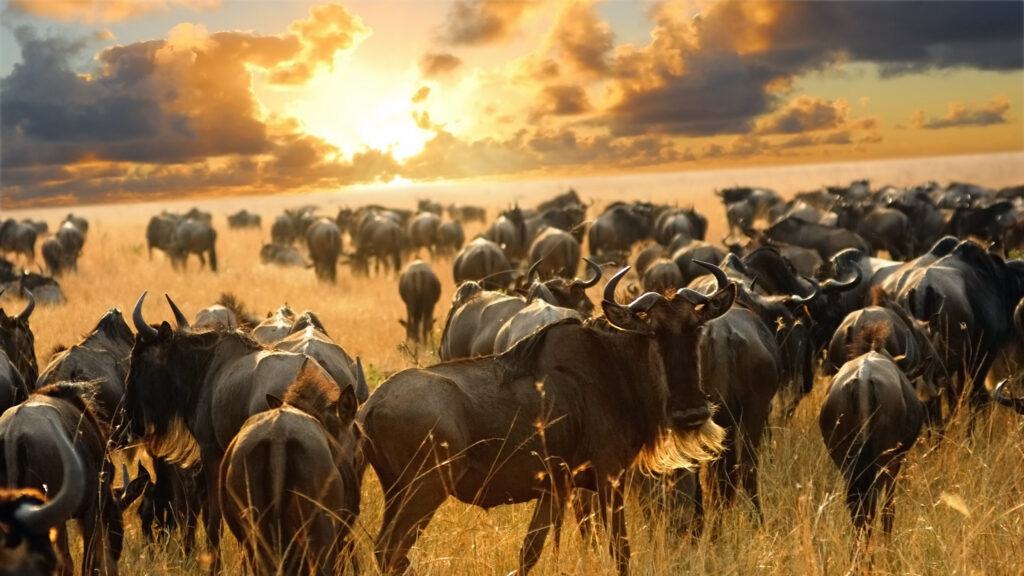
There are no reviews yet.